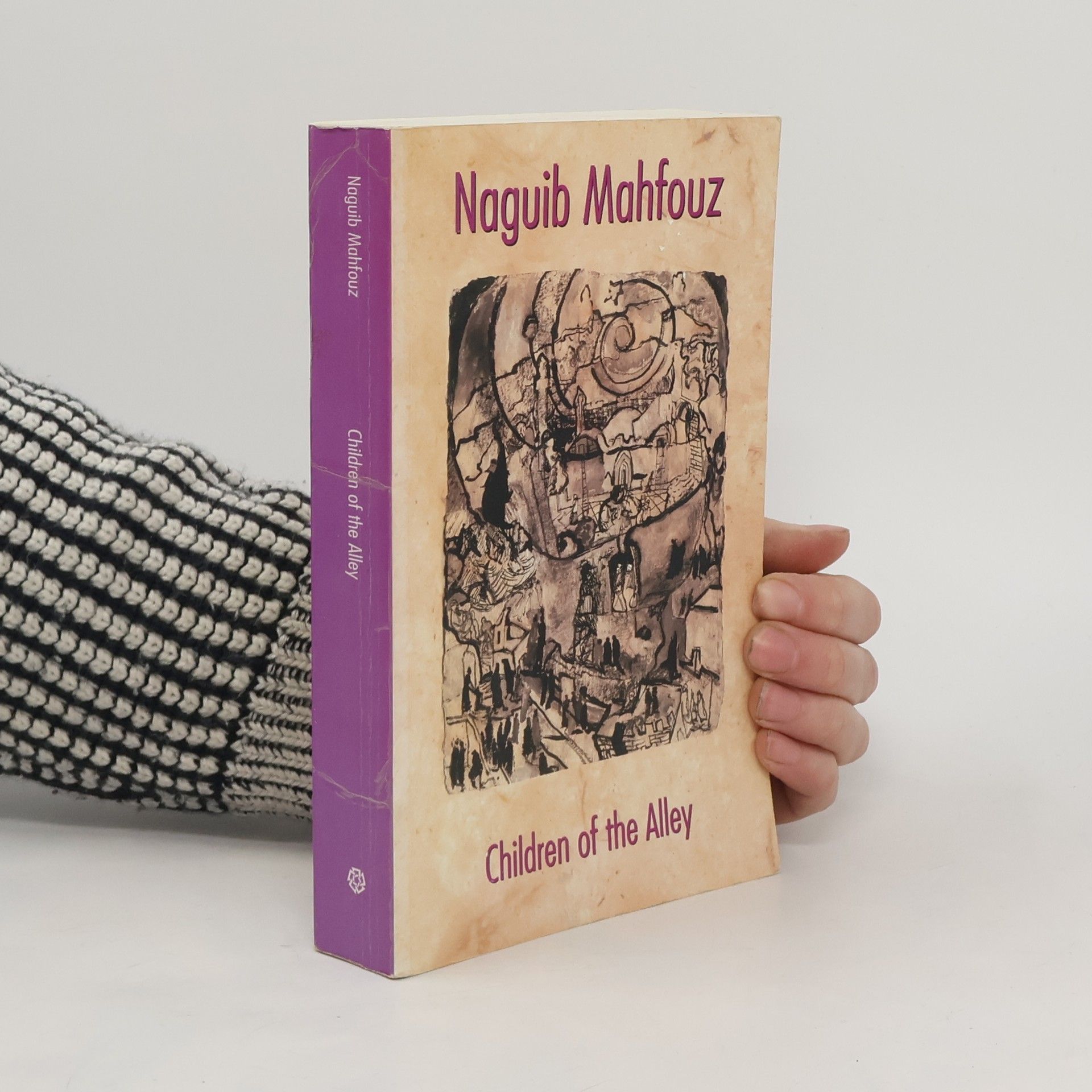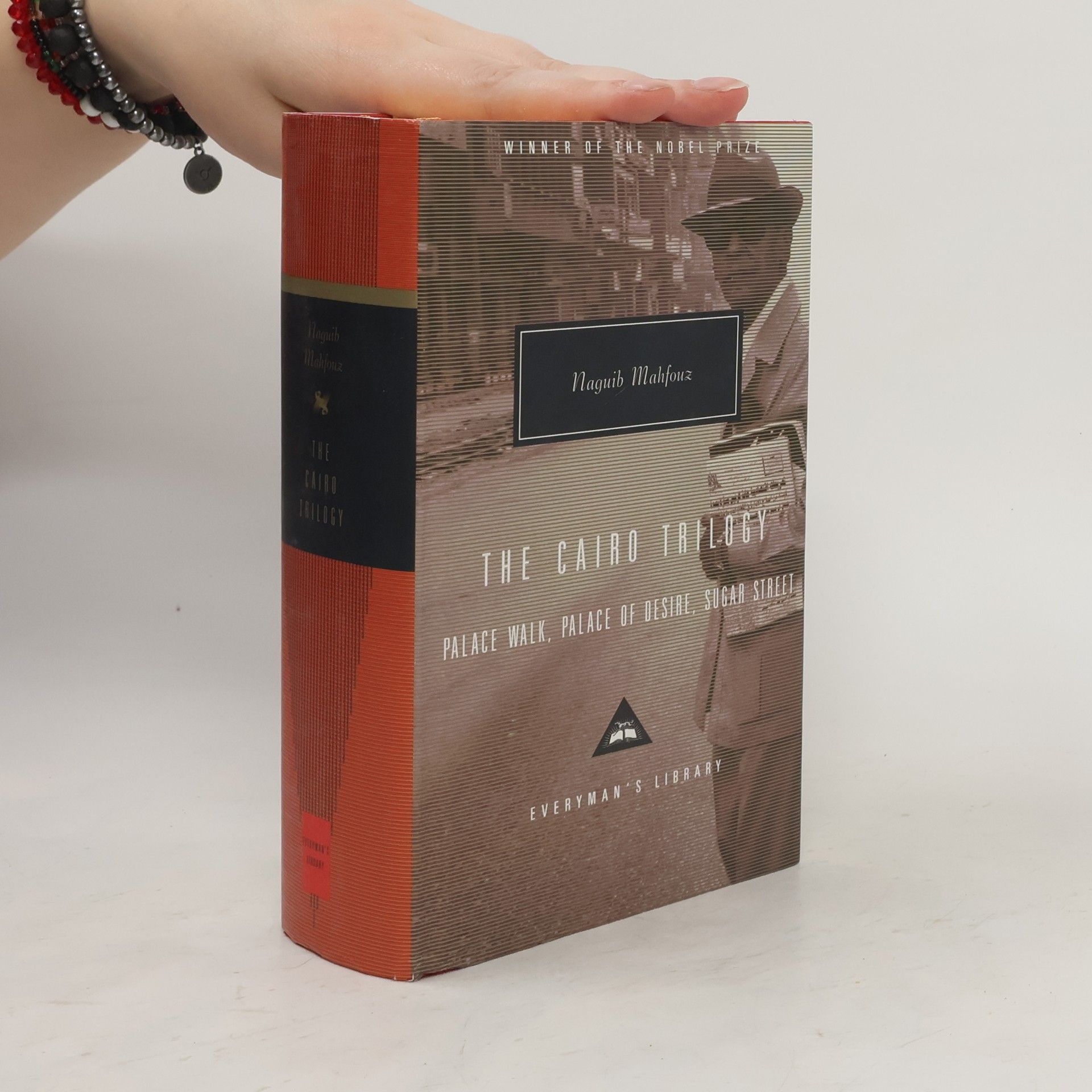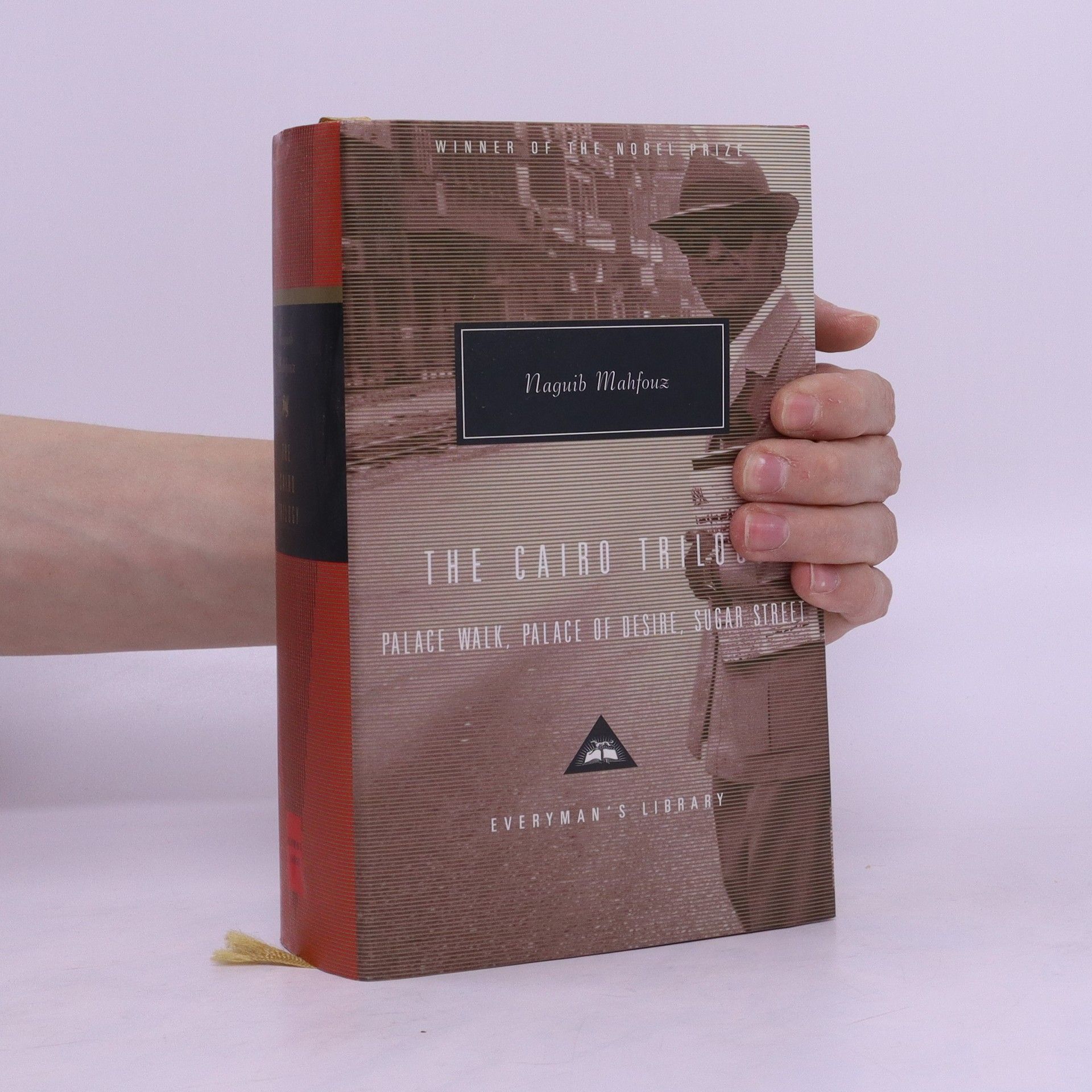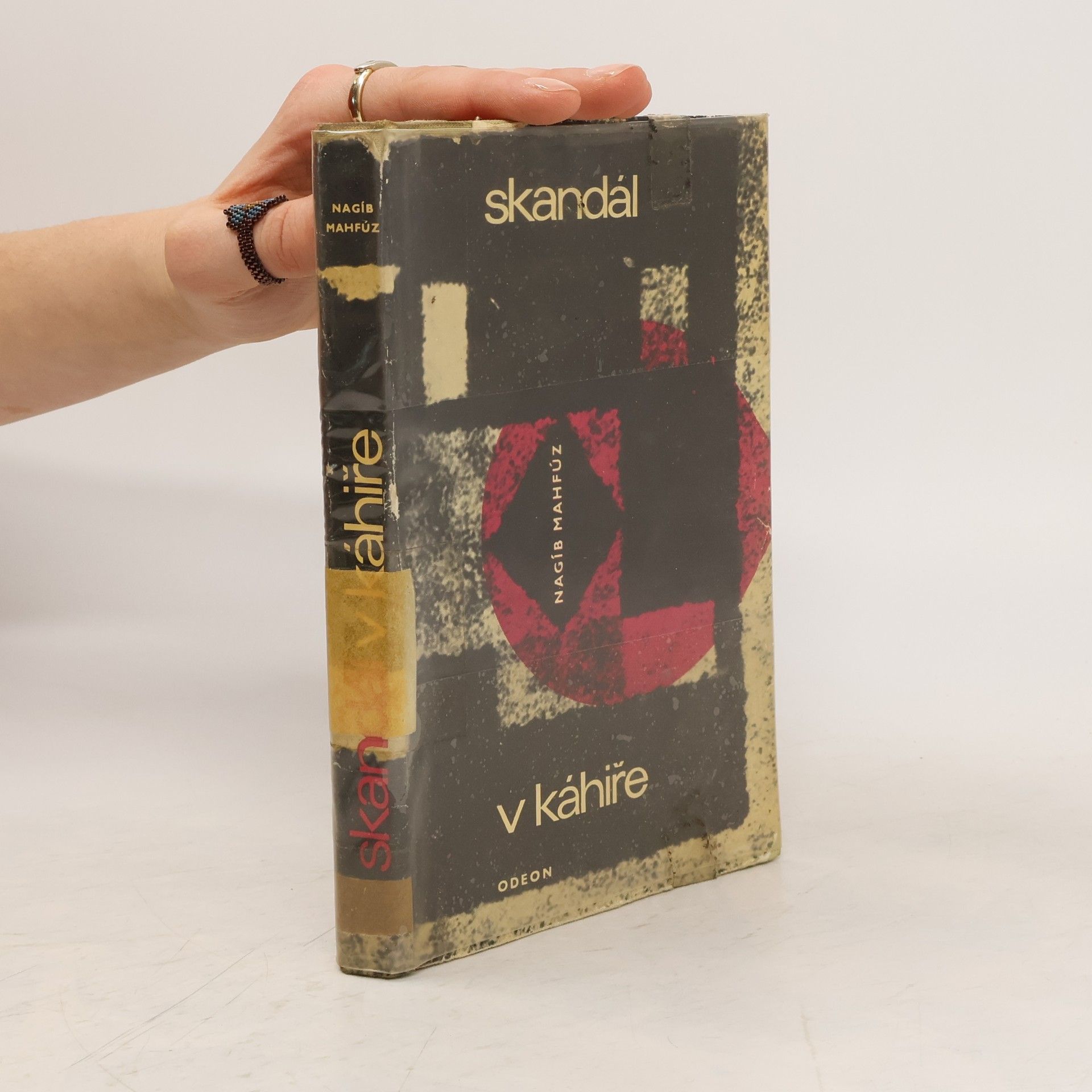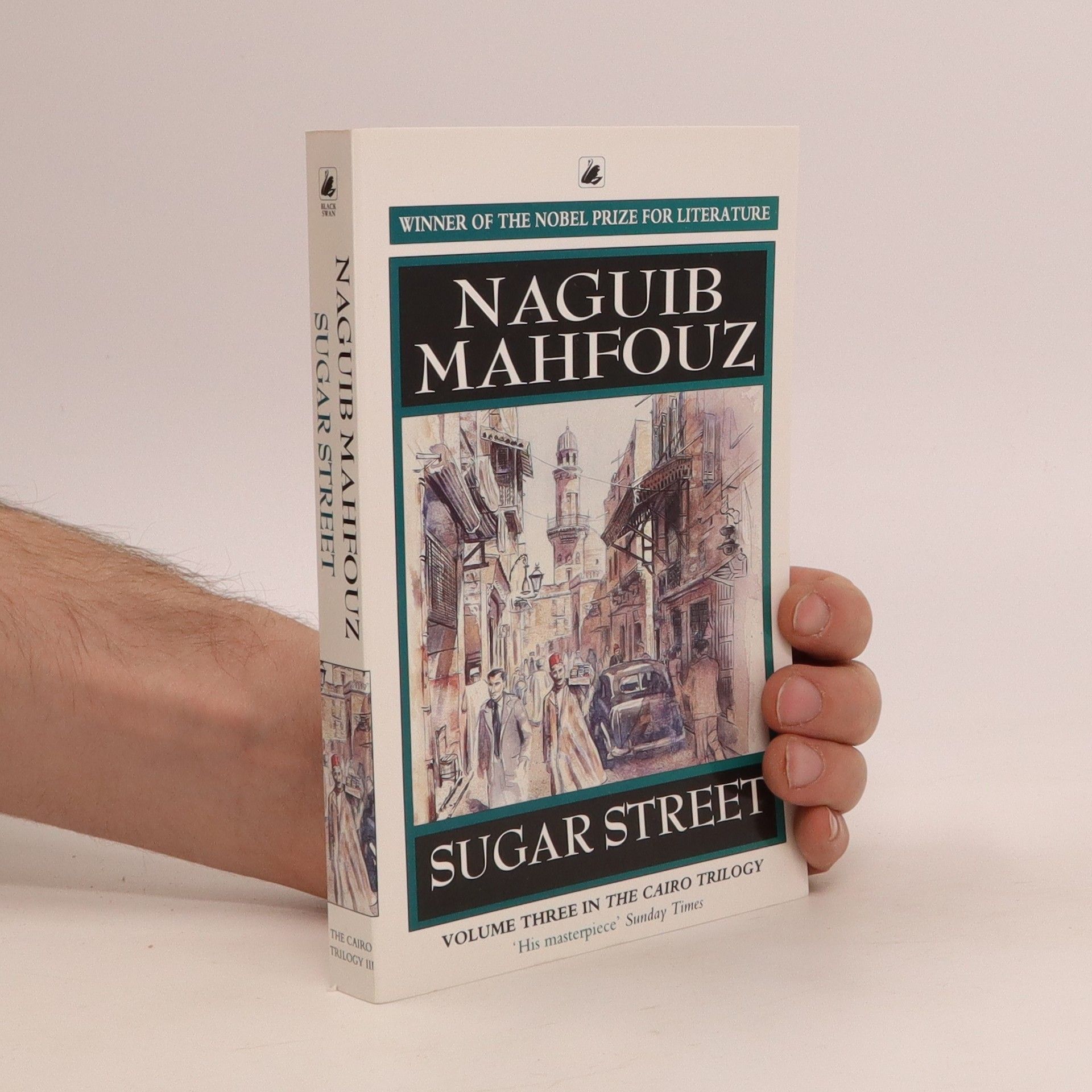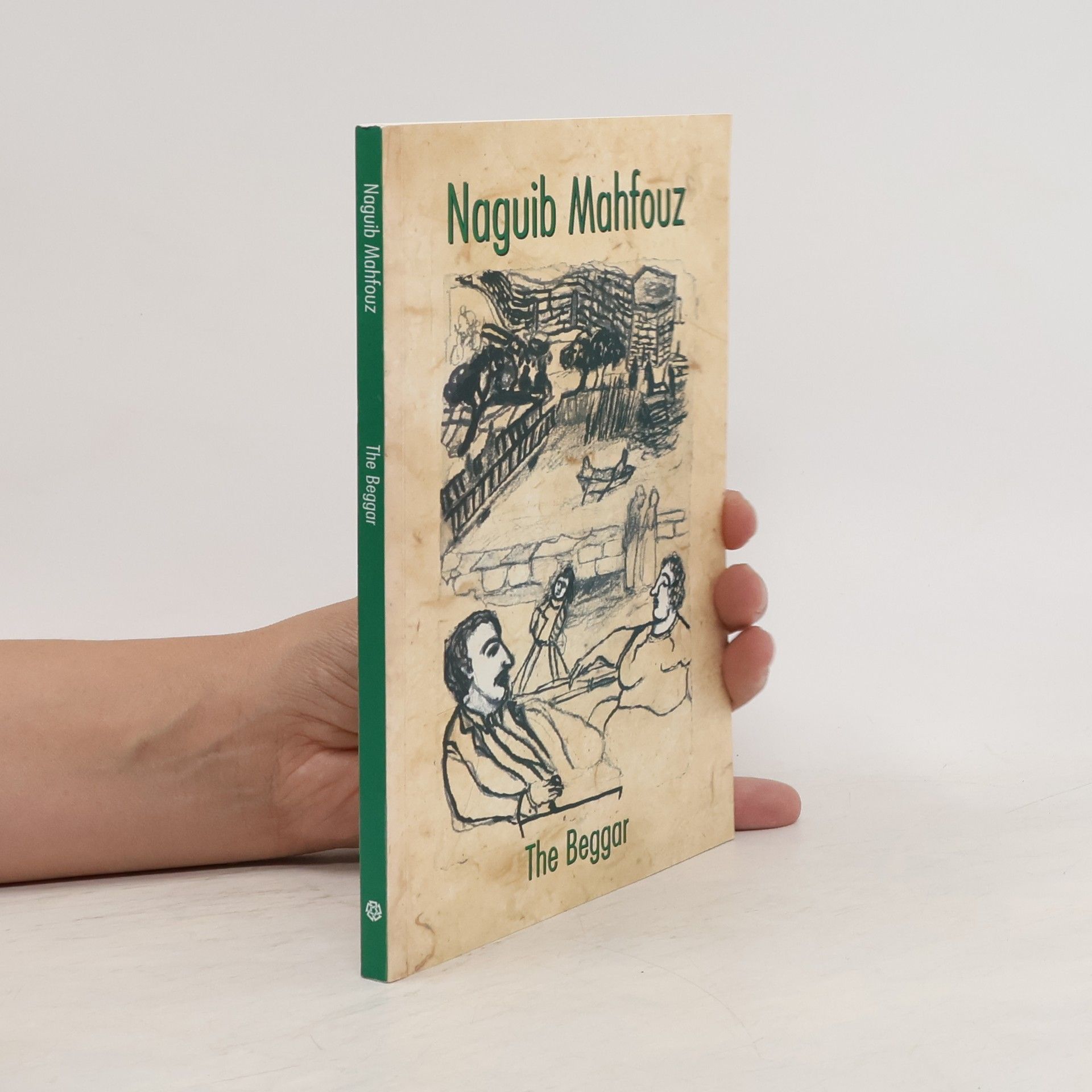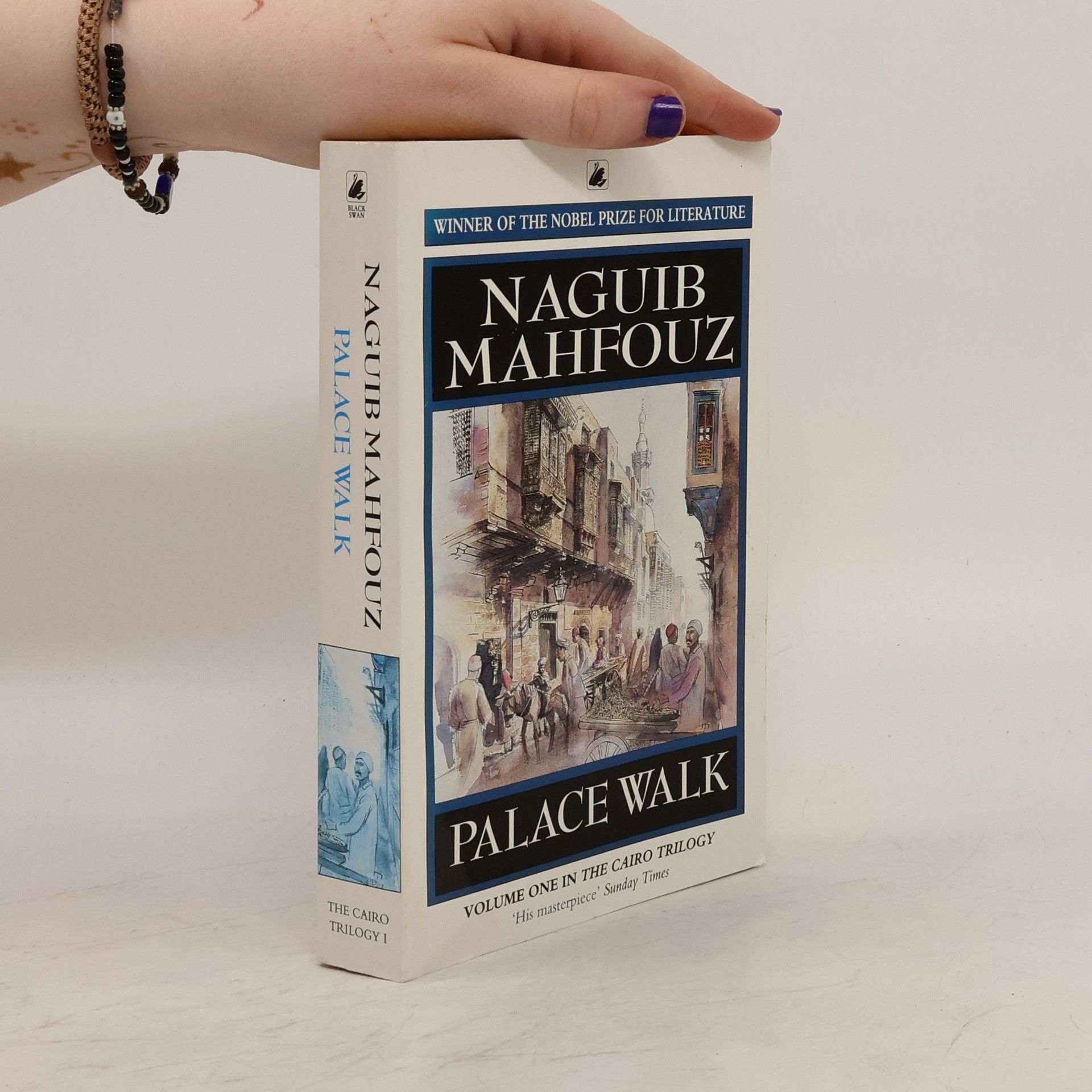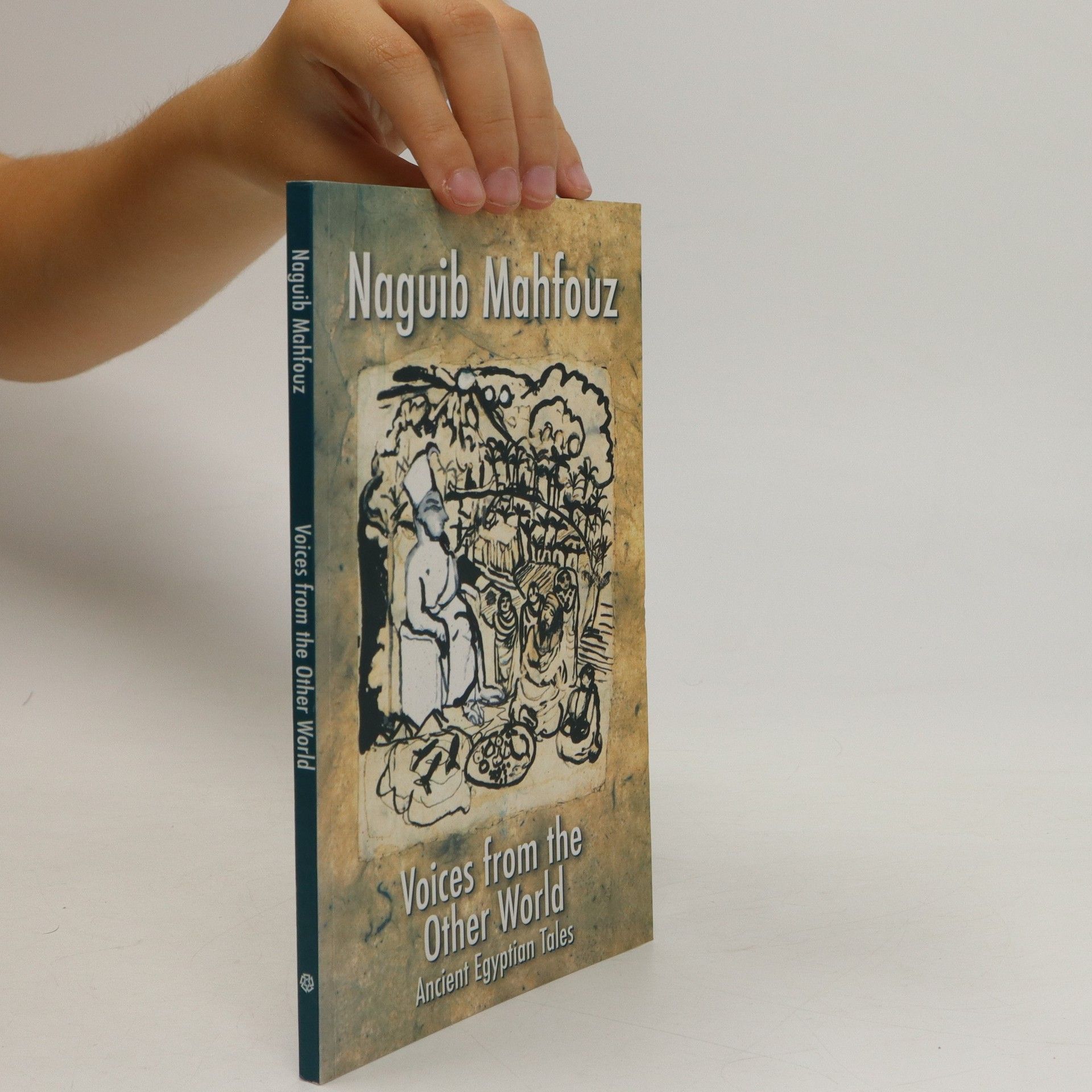Děti naší ulice
- 376 stránek
- 14 hodin čtení
Na začátku nebylo nic, jen pustina, v níž se tyčil dům mocného Gabaláwího, otce čtyř synů. Slabosti neoddělitelně spjaté s lidskou podstatou vedou k vyhnání nejstaršího ze synů, jehož posléze do pouště následuje i syn nejmladší. Rodí se věčná touha po návratu do velkého domu našeho otce, kde jsme mohli žít v radosti a v blaženosti, jejichž míru jsme si dokázali uvědomit teprve, když jsme o ni přišli… Děti naší ulice jsou ambiciózní mnohovrstevný román, který lze číst jen jako prosté příběhy rodů obývajících jednu káhirskou čtvrť devatenáctého století, anebo jako alegorii dějin lidstva, třech hlavních monoteistických náboženství, jejich proroků Abraháma, Ježíše a Muhammada, a doby, kdy zpití vědou a technikou zapomínáme pečovat o duchovno. Doby, kdy bezděčně zabíjíme Boha, jen abychom se ho pak zoufale snažili oživit. Nagíb Mahfúz se ve svém kontroverzním románu nezabývá ničím menším než těmi nejzásadnějšími otázkami: Proč je na světě tolik bolesti? Co se stane, když se připravíme o víru? Co pro Boha znamená lidstvo? A co pro lidstvo znamená Bůh? Děti naší ulice dnes nejsou jen knihou. Jsou symbolem politického, společenského a kulturního boje, jenž nikdy nekončí a jenž s každou další generací a s každým dalším obdobím nabírá novou, fascinující podobu. Jsou věčným příběhem o neměnnosti toho dobrého i zlého v nás.


